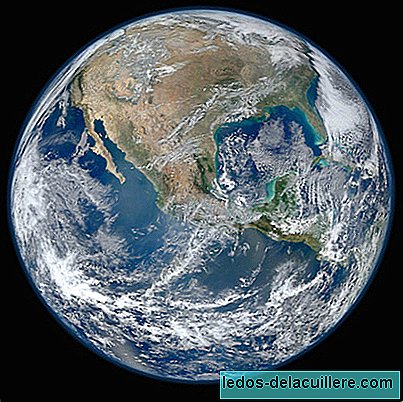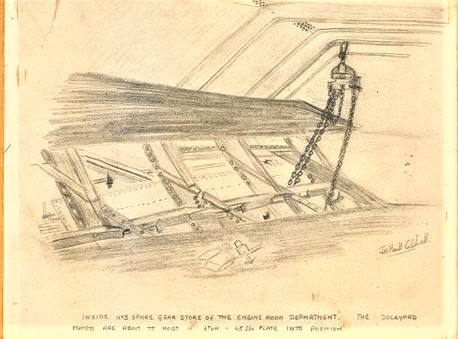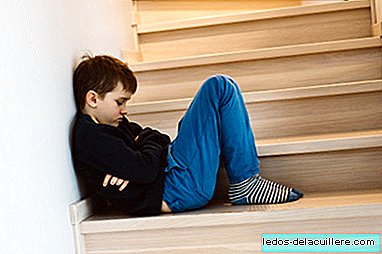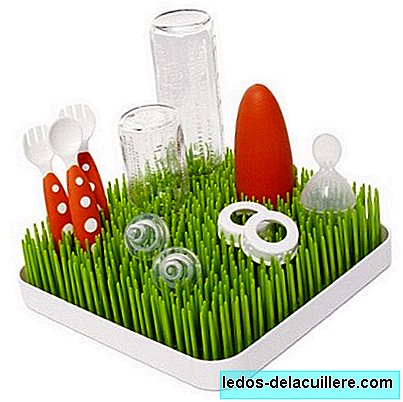
We are again before a week of celebrations, since if we have just announced the next beginning of the World Immunization Week, today we celebrate the International Earth Day, and tomorrow we will do the same with Book Day.
These types of events serve as a reminder of actions that we should encourage regularly, or as awareness of important social or health problems (regardless of the population rates that are affected). But of course, it is of no use if after Earth Day, we go on a family outing and get dirty with the remains of food; or if being able to go on a Sunday by bike so that our children maintain contact with Nature, we prefer the comfort of our house; or if in class they have talked about saving water and at home the parents leave the tap open continuously.
Because one of the most important ways of learning for children is modeling, that is: we are continuously educating children even when we say nothing, that's why our example is so important. But what do children feel when our good intentions run into more powerful impediments?
Do you know any planet more beautiful than ours? Do you know of any other place in the Universe that harbors our biodiversity? Do you explain why we mistreat that way to the mother who shelters and feeds us?
These are the questions that all (adults and children, ordinary citizens and important personalities, individuals and governments) have to ask ourselves on a day like today. That many times we come across mere statements of intention without substance, I already know that; that economic interests overlap with conservation interests, too; but I am aware, above all, that the path that we have chosen in relation to our planet, perhaps not the most appropriate.
Yes, today we will talk about instilling love for plant species by letting children take care of the home garden, and that we will highlight the importance of green cities. But also today the Arctic continues to defrost, and the forests continue to deforest, leaving homeless wild animals that live there.
And well, bringing children closer to Nature (and by extension to the diversity of the Earth even if it is not attainable in all its dimensions) is necessary, but I don't know what they will think of the generations that precede them, when they know in what state we leave Earth for when they grow up.
Who knows me knows that I am an optimistic person, but I do not lose sight of the fact that without action there are no changes, are we going to wait for our children to be older for them to assume them?












